Optimal Timing for Foundation Repairs
Foundation repairs are essential for maintaining structural integrity and preventing further damage to a property. The timing of repairs can influence the effectiveness and longevity of the work performed. Understanding the optimal periods for foundation work can help property owners plan appropriately and avoid unnecessary complications.
Spring offers moderate weather conditions, making it suitable for foundation repairs. Soil moisture levels are typically balanced, reducing the risk of shifting or cracking during repairs.
These periods often feature stable weather patterns, which can facilitate effective repair work. Cooler temperatures and less rainfall help maintain consistent working conditions.
Cold temperatures and freezing conditions can hinder foundation repair processes. Soil expansion and contraction are more pronounced, increasing the risk of further damage.
The best time for foundation repairs is when soil moisture levels are stable, and weather conditions are predictable. This typically occurs in late spring through early fall.
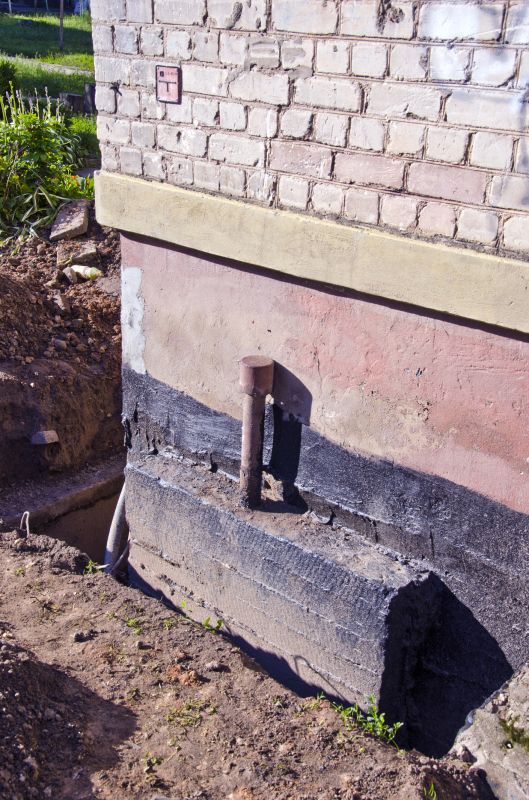
A contractor working on stabilizing a foundation during optimal weather conditions.
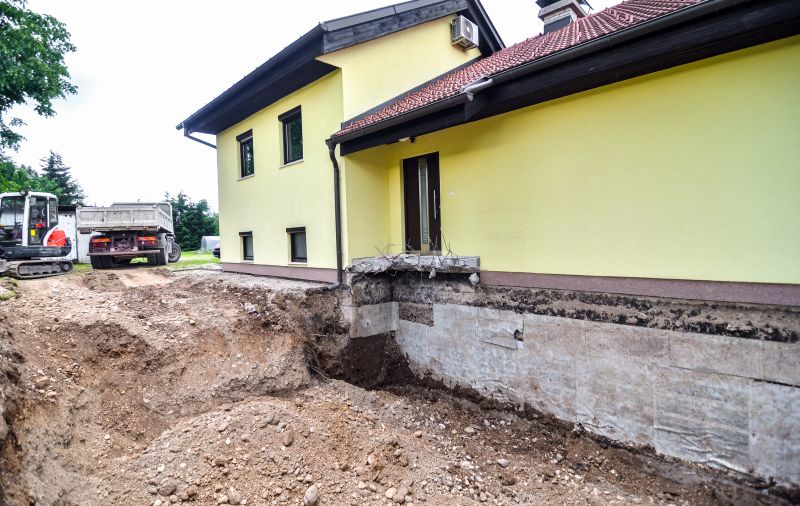
Soil treatment methods used to prepare the ground for foundation repair.
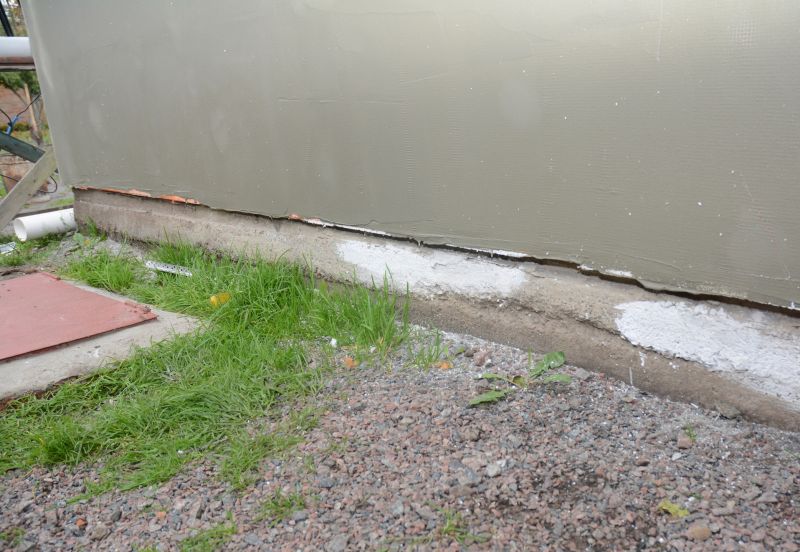
Visible cracks that indicate the need for timely foundation intervention.
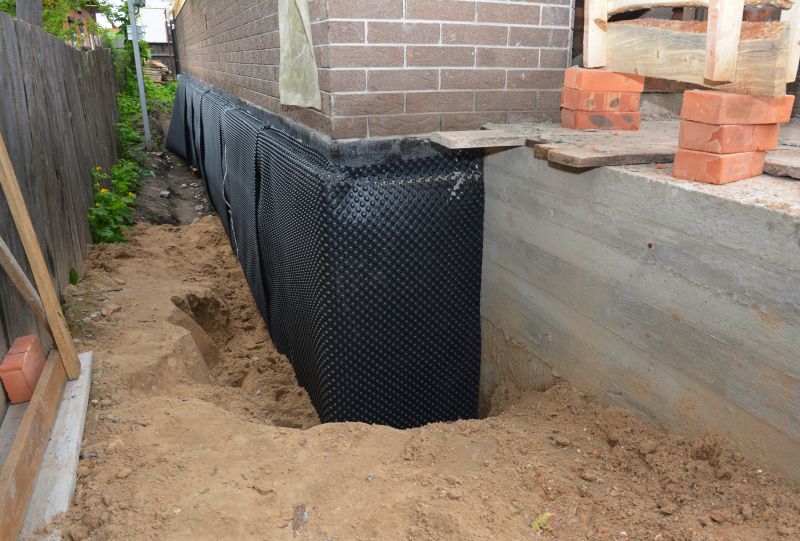
Applying waterproofing solutions to prevent future moisture-related issues.
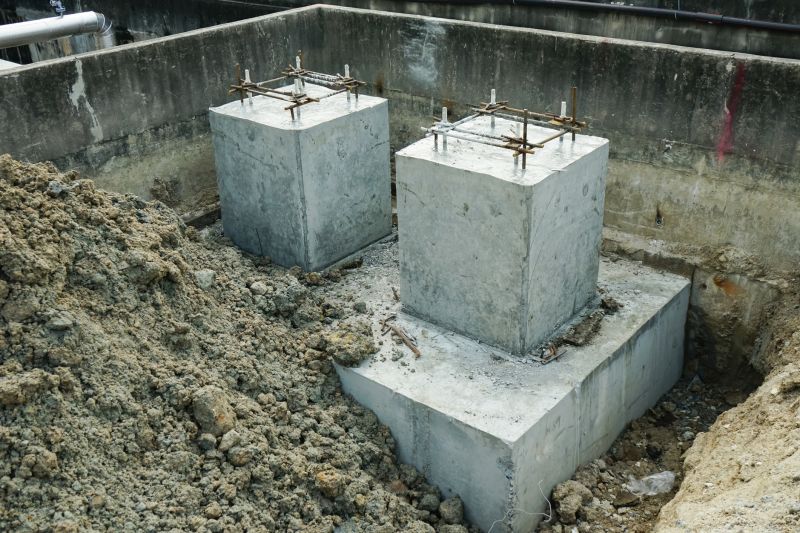
Installing piers to lift and stabilize sinking foundations.
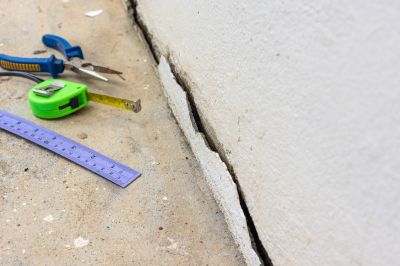
Assessing the foundation after repairs are completed to ensure stability.
| Season | Best Conditions |
|---|---|
| Spring | Moderate soil moisture, mild weather |
| Summer | Stable weather, less rain |
| Fall | Cool temperatures, dry conditions |
| Winter | Cold, freezing temperatures to avoid |
Foundation repairs are a critical aspect of property maintenance that can prevent costly structural issues in the future. Proper timing ensures that repairs are performed under conditions that promote soil stability and effective work execution. Delaying repairs or scheduling them during unsuitable weather can lead to increased risks of further damage, such as cracking or shifting. Regular inspections and timely intervention are recommended to maintain the integrity of the foundation.
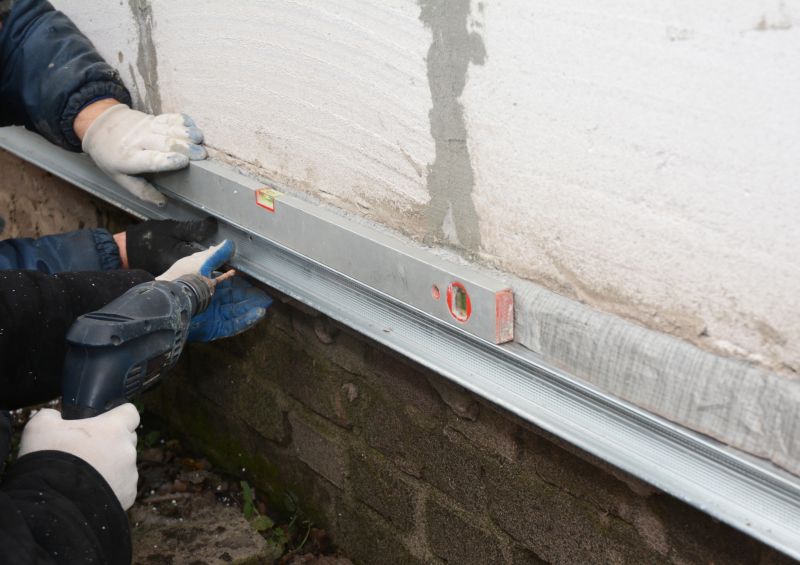
Specialized tools used during foundation stabilization projects.
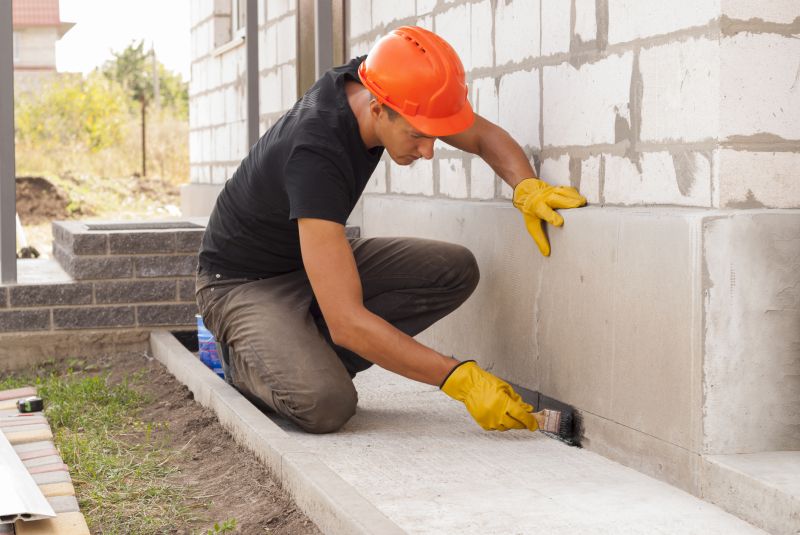
Assessing soil conditions before beginning foundation work.
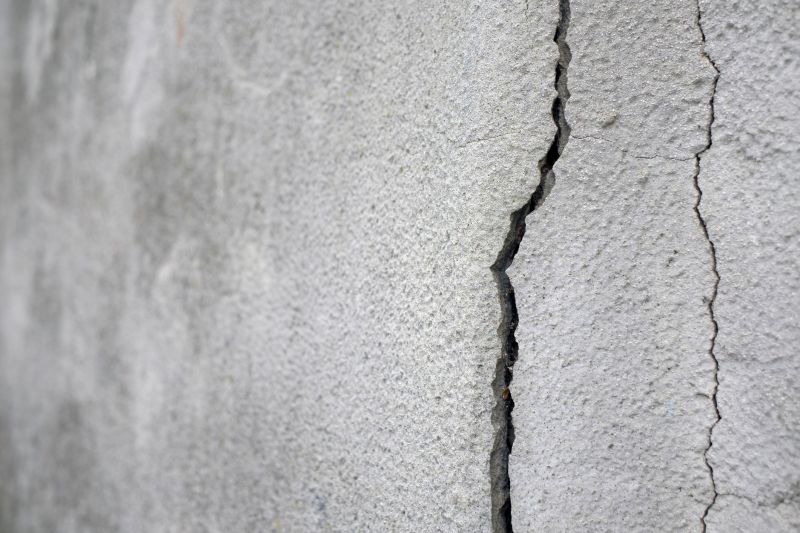
Strengthening walls to prevent future cracking.
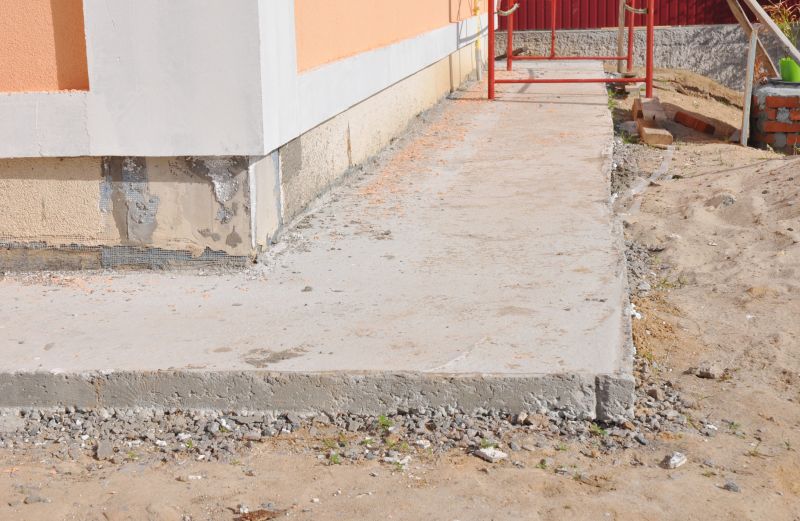
Tracking foundation movement after repairs.
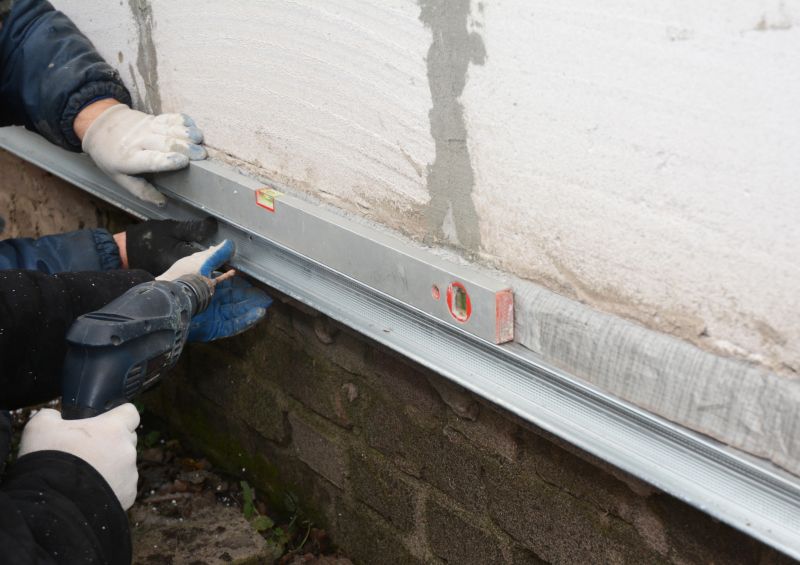
A foundation that has been successfully repaired and stabilized.
Interested property owners in Champaign, IL, are encouraged to contact for more information about foundation repair options and scheduling. Proper timing and professional assessment can significantly extend the lifespan of a property's foundation, ensuring safety and stability over time.


